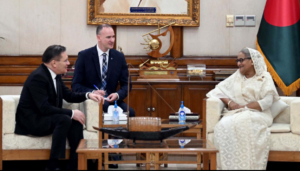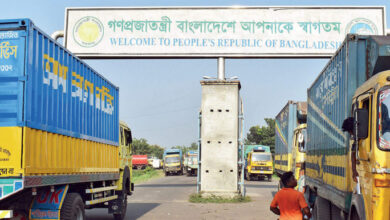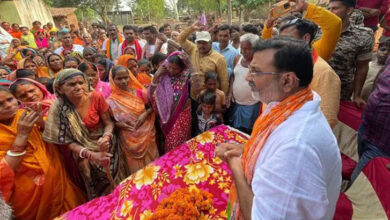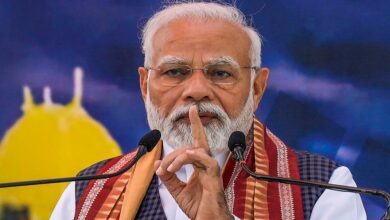Bangladesh Seeks Energy Security Partnership with Russia through Nuclear Expansion
In a bid to bolster its energy security, Bangladesh’s Prime Minister Sheikh Hasina has urged Russia’s state-run atomic agency, Rosatom, to explore the possibility of constructing a second nuclear power plant at Rooppur.
During a meeting with Rosatom Director-General Alexey Likhachev at her official residence Ganabhaban, Prime Minister Hasina underscored the importance of further nuclear development to meet the country’s growing energy demands. She highlighted the need for a technical survey to initiate the process of setting up additional units at Rooppur.
Expressing gratitude for Russia’s assistance in energy infrastructure, particularly in the construction of the Rooppur nuclear power plant, Prime Minister Hasina emphasized the historical ties between the two nations, recalling Russia’s support during Bangladesh’s Liberation War in 1971.
The discussion also revolved around the return of Spent Nuclear Fuel from the first and second units of the Rooppur Nuclear Power Plant to Russia, with assurances from Rosatom regarding the completion of necessary formalities.
Director-General Likhachev briefed the Prime Minister on the progress of the Rooppur Nuclear Power Plant, highlighting its expected contribution to the national grid upon completion. He proposed the construction of two additional nuclear units at Rooppur, emphasizing the economic and technical advantages of expanding existing projects.
Acknowledging the challenges posed by the pandemic and sanctions, both parties reaffirmed their commitment to overcoming obstacles and ensuring the timely completion of ongoing projects. Science and Technology Minister Architect Yeafesh Osman also attended the meeting, underscoring the government’s dedication to advancing Bangladesh’s energy sector.
Currently, the Rooppur project is in its final stages of construction, with two units set to generate a combined capacity of 2400 MW. The physical start-up of the first unit is slated for December this year, with commercial power generation expected to commence in 2025 and 2026 from Unit 1 and Unit 2, respectively.
As Bangladesh looks to diversify its energy sources and enhance its energy security, collaboration with Russia in nuclear energy represents a strategic partnership aimed at meeting the country’s growing energy needs and driving economic development.





